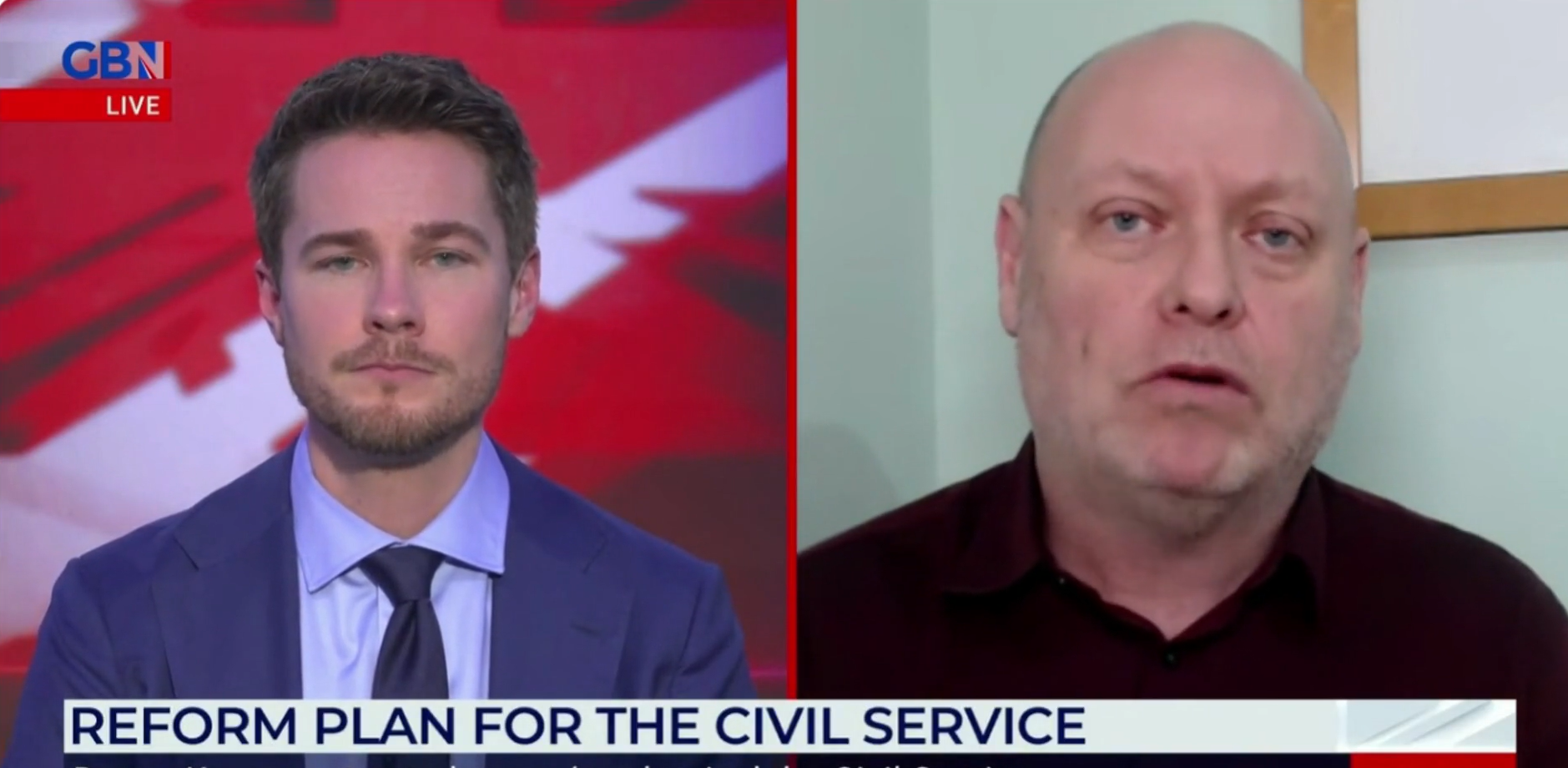MPs to probe Whitehall’s Brexit capability

A cross-party group of MPs has relaunched its wide-ranging inquiry into the civil service, promising to focus heavily on Whitehall’s preparations for Brexit.
The Public Administration and Constitutional Affairs Committee (PACAC) was forced to close its previous inquiry into the effectiveness of the civil service – launched in the last parliament – after Prime Minister Theresa May called a snap election.
But an interim report published just before the election said that the extra work required to manage Britain’s exit from the European Union meant it was “all the more important that the civil service is clear about its mission and role”, and called for an in-depth review of the relationship between ministers and officials.
The committee also commissioned a separate report by Professor Andrew Kakabadse of Henley Business School, who warned ministers against overloading departments. “Too many projects, programmes of activity, [and] policy delivery commitments are being pursued simultaneously with little chance of successful fruition,” Kakabadse said.
Professor Kakabadse also urged politicians to halt “public criticism of civil servants”, arguing that the practice had damaged the “morale, motivation, performance, contribution and quality of advice” given by officials.
With select committees now back up and running following the election, a fresh inquiry has been opened by PACAC.
The committee is promising to draw on “extensive interviews with serving and former ministers, special advisers and civil servants” and says it will look specifically at the civil service’s “capability and capacity to cope with leaving the EU”.
Committee chairman Bernard Jenkin said: “We can be very proud of Whitehall as a whole, and of our civil and diplomatic services, but the challenges of Brexit are helping to expose where understandings are weak and where relationships are strained.
“A common purpose, trust and understanding, as well as technical expertise and experience, are so crucial for the civil service to perform efficiently and effectively. Both the capability of the civil service as a whole, and the individual relationships between ministers and officials, will impact on this effectiveness and the ability of the civil service to meet its present and future challenges,” Jenkin added.
Other key questions the committee is set to consider include whether civil servants are being given the right skills and development opportunities, and whether a new “National School for Public Service” should be set up to provide more focused training for staff.
Related News
-

Why anonymous attacks must stop: Dave Penman on the “damage” caused by briefings
FDA General Secretary Dave Penman on the untold damage done by anonymous briefings against the civil service, and why this pattern needs to change.
-

Member focus: mentee into mentor
Member Sabrina Schalz applied for the Fast Stream (FS) whilst pregnant, and took her baby with her to the FS Base Camp. Katherine Hutchinson finds out more about the support Schalz received when navigating the FS application and her decision to become a mentor herself.
-

Reform UK’s plans to cut swathes of corporate functions without impacting frontline services “unrealistic”, says FDA
The FDA has responded to Reform UK’s proposals for civil service reform if the party enters government, which include plans to cut 68,500 jobs, a reduction of 13%.